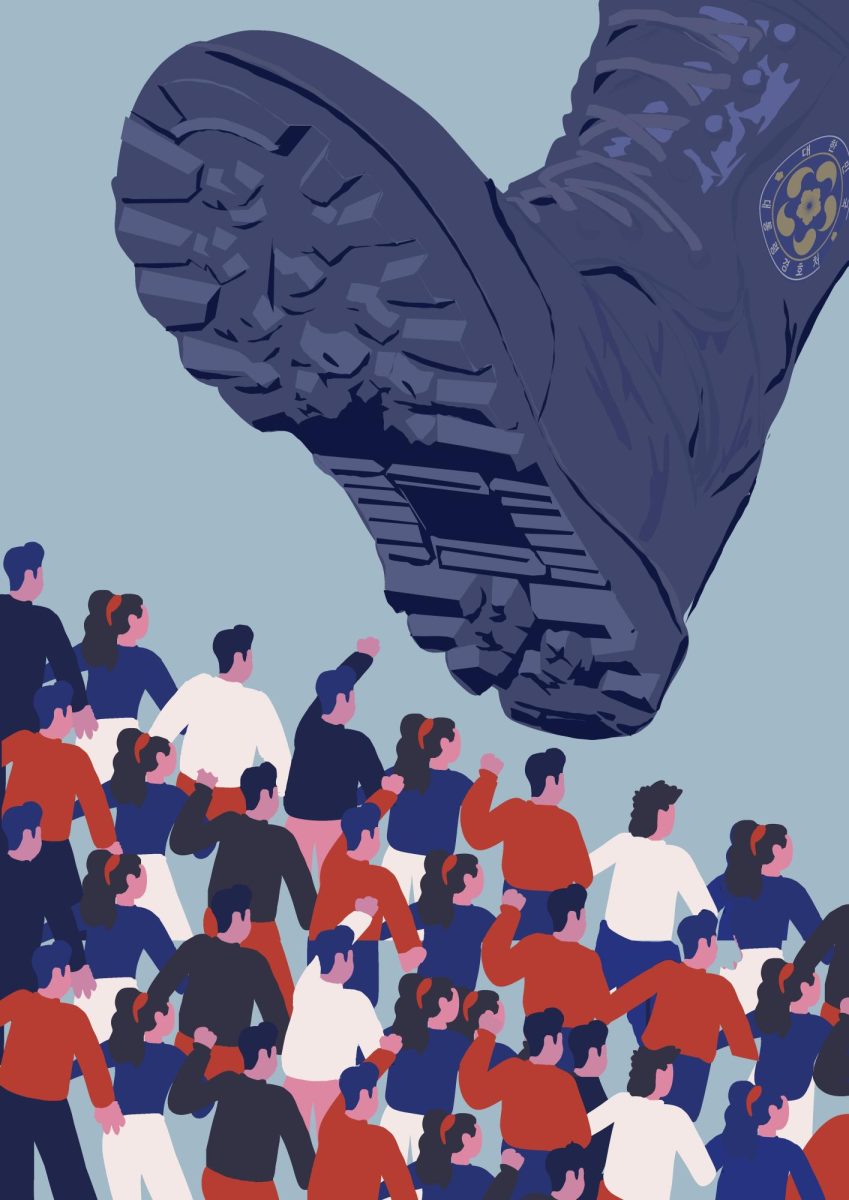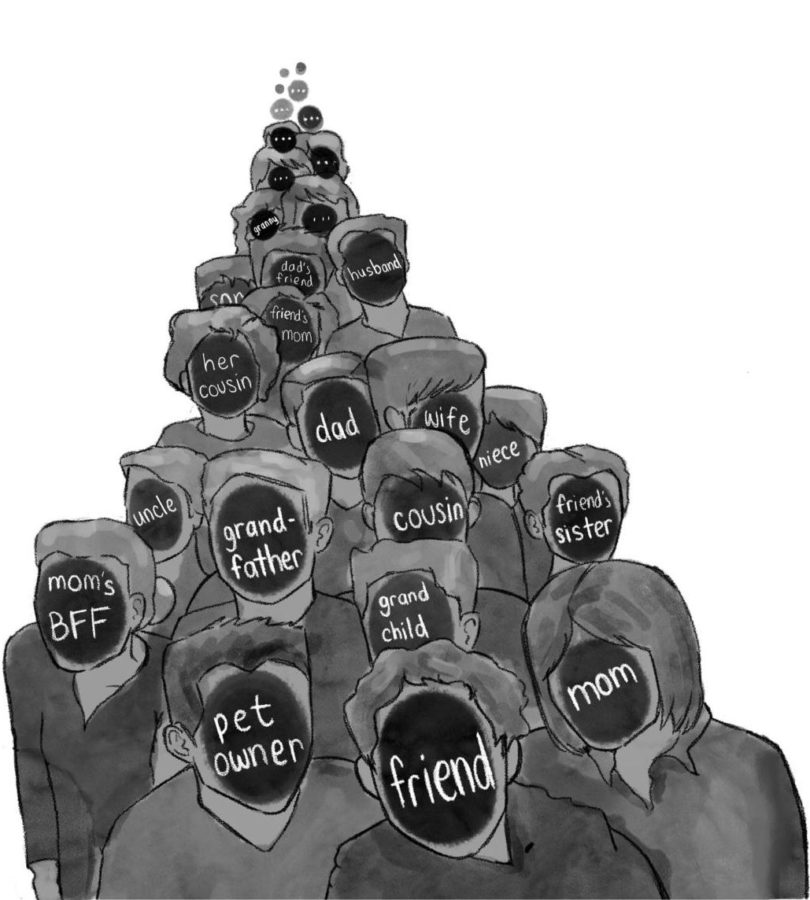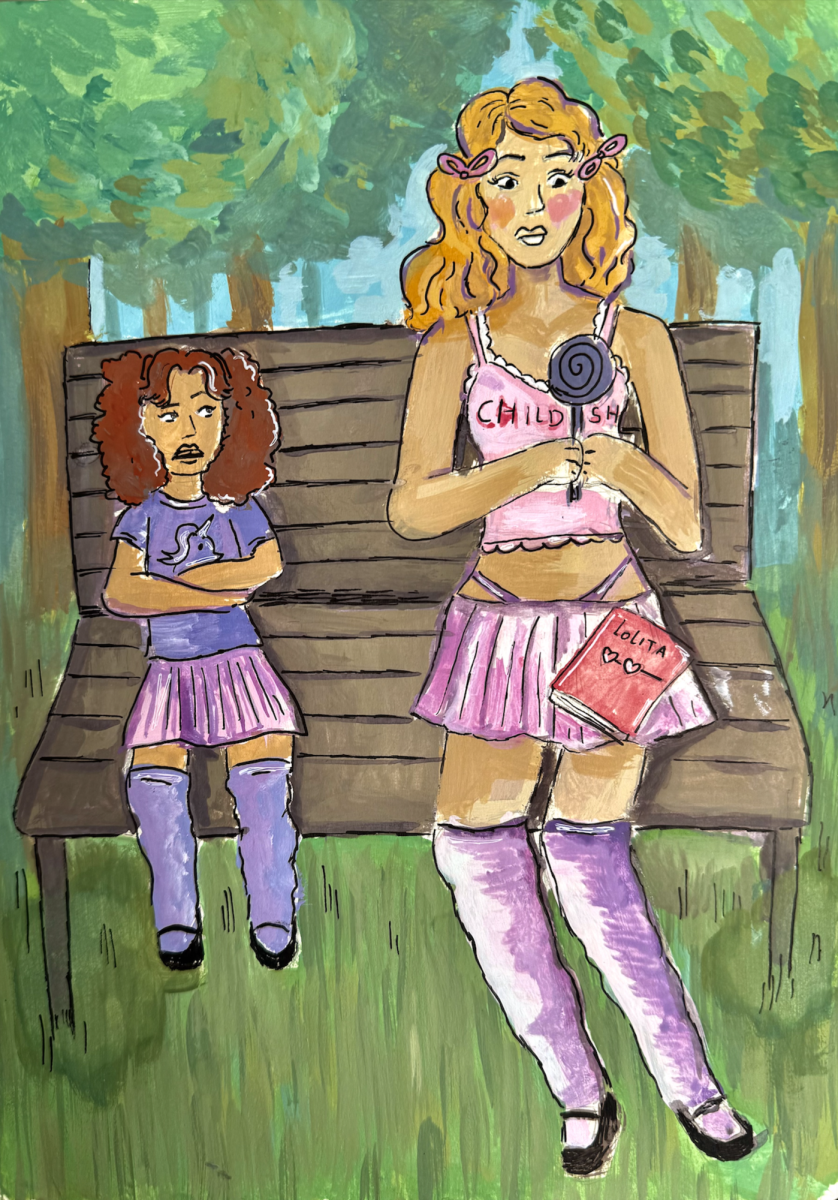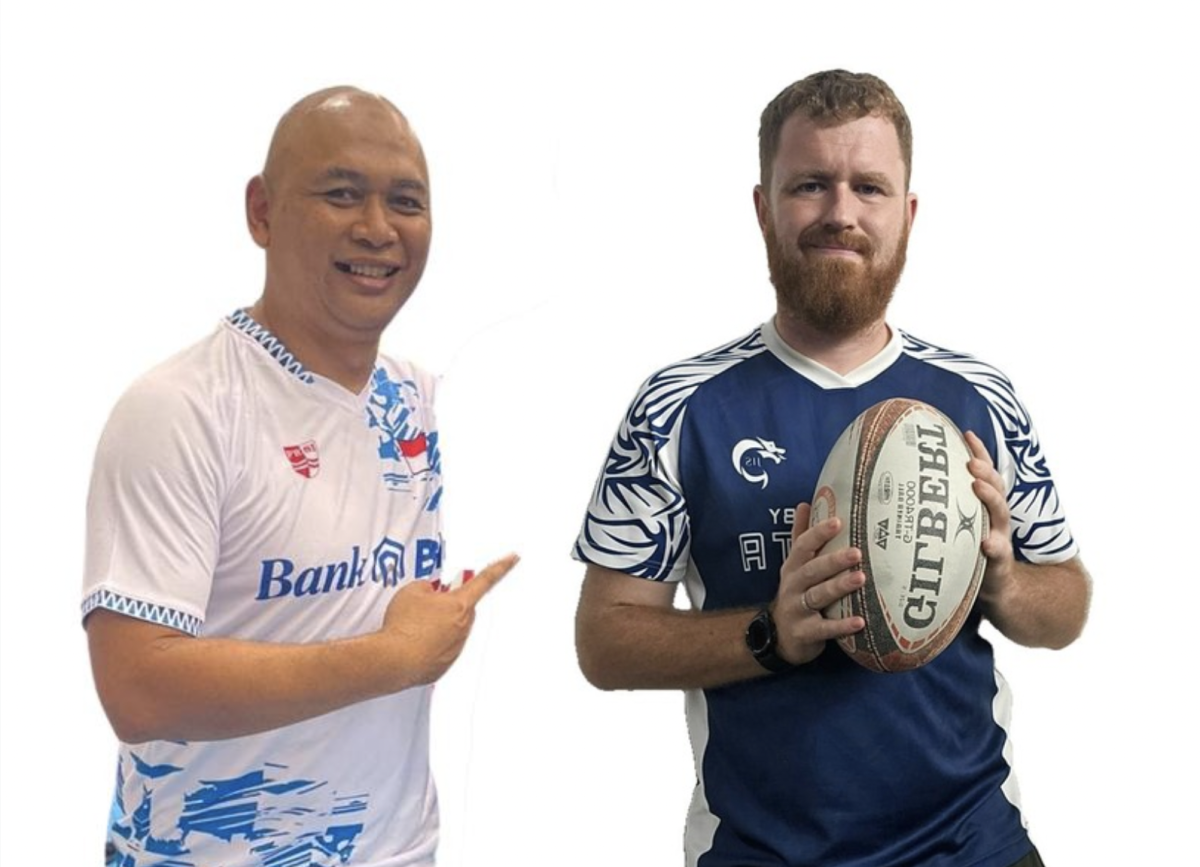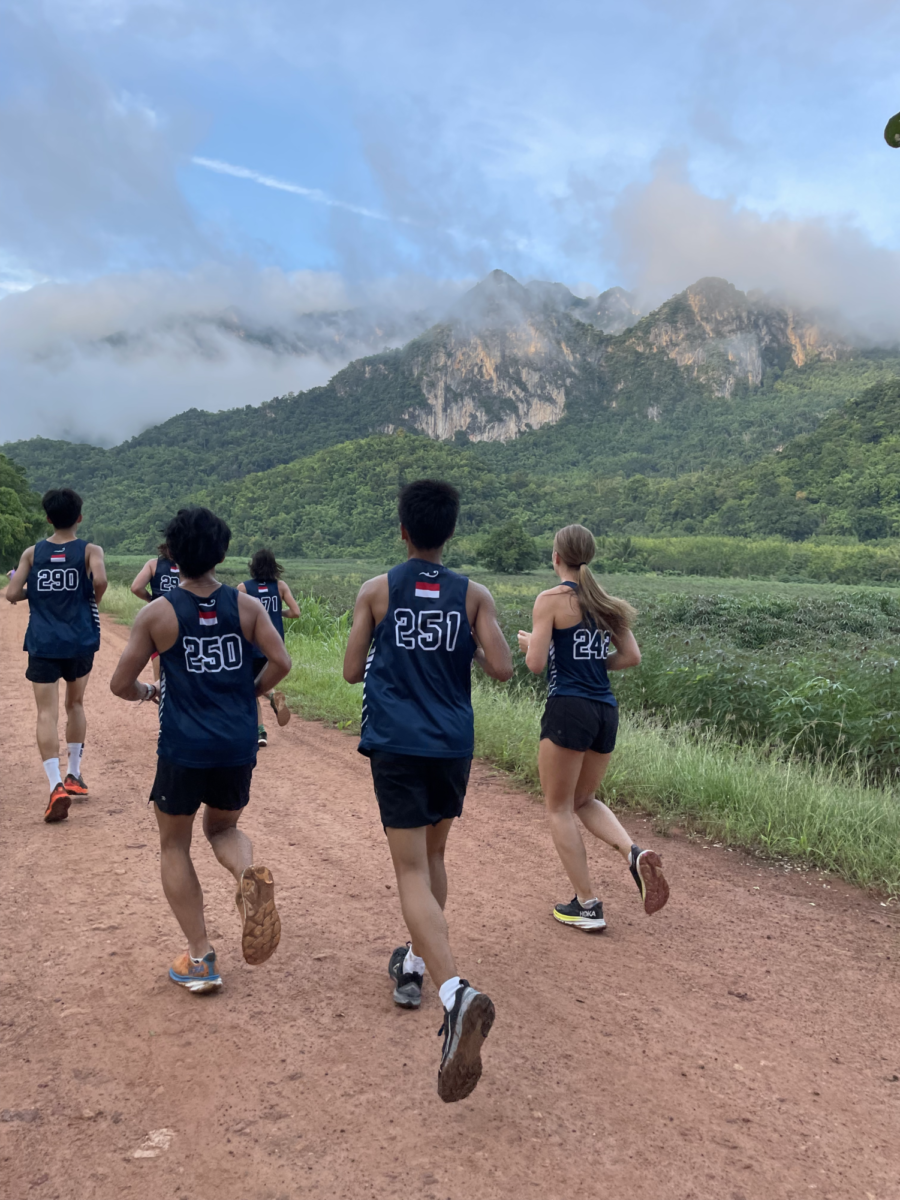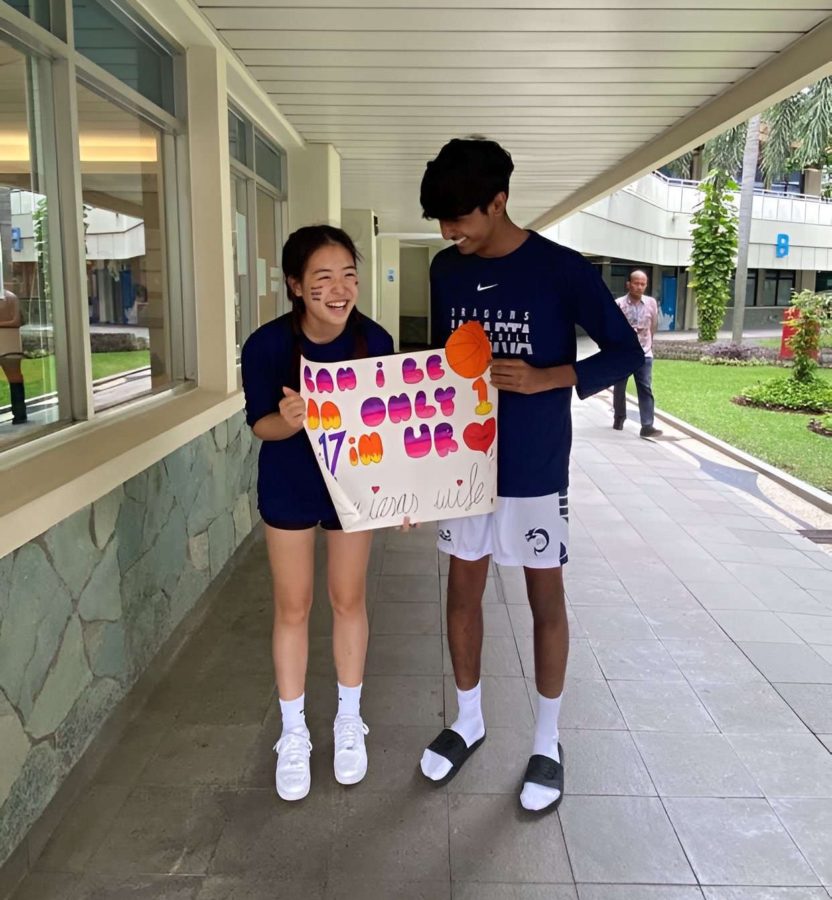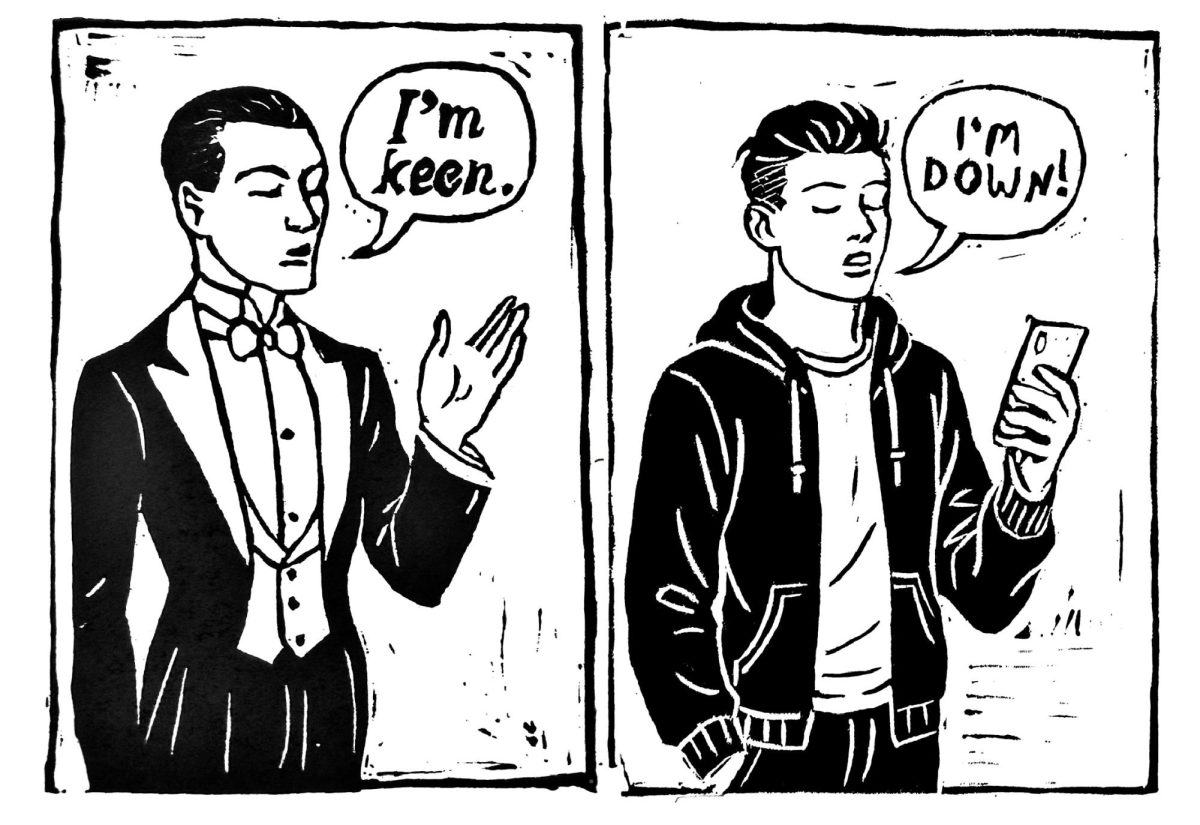Coaches do more than just create athletes, they shape future leaders by equipping them with the necessary tools to navigate life beyond the game. The true heart of coaching lies not in the number of victories or losses, but in developing the minds, character, and resilience of athletes. At JIS, Coach Mahon and Coach Arif embody this concept entirely, going beyond solely teaching skills and tactics, and instilling purposeful values that are key to being champions both in and out of the game.
COACH MAHON
Coach Cathal Mahon is a veteran rugby coach who has dedicated 25 years to fostering not only athletic excellence, but also strong character in his players.
Striving to produce athletes that recognize the importance of brotherhood, discipline, and perseverance, Coach Mahon fosters a supportive environment where players are encouraged to implement these principles on the field as well as in their daily lives.
COACH ARIF
With a reputation for balancing rigorous training with developing personal growth, Coach Arif Purbo is dedicated to nurturing swimmers that can not only win medals, but also recognize the significance of self-determination and motivation.
By fusing the learning of technical skills with lessons of resilience and teamwork, Coach Arif has guided several swimmers to national and international success, including setting the pace for Indonesian swimming at the Paris 2024 Olympics.
Life Lessons and Philosophy
COACH MAHON
Independence and accountability are two of the most crucial values that Coach Mahon continuously emphasizes to his athletes as he teaches them to make decisions and learn from the effects of their choices.
By fostering maturity and self-resilience on the field, Coach Mahon ensures that his players not only grow as athletes, but also as strategic leaders in life. The lessons they learn through trial and error become the foundation for tackling future challenges. “[I ask players to be] accountable [not just] for themselves, [but also] for the rest of their team, so that they are on each other all the time,” Coach Mahon explains.
He also meticulously works on building a strong sense of team spirit. In order to achieve this, Coach Mahon has a ritual where players give each other three compliments before they leave the field. Though the routine might seem corny or unnecessary, it allows the players to “see how much of a difference being positive affects [others].”
Drawing inspiration from his parents and past coaches, Coach Mahon encourages his athletes to build a sense of trust and support within the team. “You do it for the guy next to you because you know that [they will] do it for you too,” he says. “[In doing so], you develop that sense of family and brotherhood…and you defend it.”
For Coach Mahon, success means far more than just winning—it is about building a community of players who care for one another, even when they are not on the field. The strength of the team’s bond is what ultimately becomes the secret to their perseverance and ability to repeatedly bounce back from hardships.
In addition, Coach Mahon also balances high standards with empathy, pushing players to do their absolute best while still respecting their needs. “[The players] need their ego built up to know that they are capable of doing something,” he explains. “Once they realize that, they will be able to handle a lot more on their own.”
COACH ARIF
Proper goal setting is a concept that Coach Arif strongly emphasizes during his practices. He constantly prompts his athletes to remind themselves of what their “purpose and goal” is when they practice. With every stroke, Coach Arif teaches his athletes to find their “why”—a purpose deeper than just the physical effort.
“Are you swimming just for fitness, or do you want to be a champion?” he asks swimmers, pushing them to define their long-term goals.
By encouraging his athletes to establish their aspirations, Coach Arif teaches them how to set targets—an aspect that is applicable not only in the pool, but in real life as well.
Complimenting goal setting and training with purpose, balance is another element that Coach Arif strongly believes in.
He assists his athletes in distributing their time and resources effectively in order to excel in all areas of life. However, he also acknowledges that in order to be successful, sacrifices have to be made. As his athletes learn how to juggle demanding academics with continuous practice sessions, they are being conditioned to becoming experts at time management—a skill that will serve them throughout their life.
Additionally, the discipline and tenacity that Coach Arif instills in his athletes not only translates to overall growth as a swimmer, but also equips them to approach any possible challenges they might face with the same unwavering grit and
determination. “If you can take on the toughest sets [during] practice, you can take on anything life throws at you,” he often says.
Something that Coach Arif always reminds his athletes before a competition is that “it is not just about winning a race,” instead, “it is about building character and making every day and practice count.”
His belief is that lessons learned through training—such as goal setting and resilience—prepare his athletes to perform well not just as swimmers, but also as individuals.
Motivational Strategies
COACH MAHON
In order to maintain a strong sense of self-belief among his players, Coach Mahon draws on peer support to supplement his own efforts. “I believe that it is more important for
motivation to come from [the athlete’s] teammates, [instead of] from me or another coach,” Coach Mahon says.
This encouraged dependence on teamwork allows for the re-establishing of willpower and continued drive to play and practice hard.
COACH ARIF
Though swimming may be an individual sport, Coach Arif emphasizes the power of collective ambition. He constantly encourages his athletes to uplift and motivate each other, reminding them that, “You come into the competition as a team, you train as a team…your success is [your teammates’] success, and their success is yours.”
Challenges
COACH MAHON
As a coach who cares a great deal for his players, Coach Mahon carefully balances “player welfare” with performance. “There were times last year when we were in close games, and some of our players were beaten up,” he recalls. “I had to tell them [not to play anymore] because their wellbeing and health was not worth the win.”
Other than ensuring that all his players are safe and healthy, another significant hurdle that Coach Mahon faces is making team selections.
He admits that making cuts is “the hardest [part]” as he “does not want to disappoint the players” because he “knows how hard they have worked.” Coach Mahon notes that there is no right way to handle making these decisions as it depends on the individual; “some will be heartbroken” or discouraged, and “will not want to play anymore.”
Yet, he remains committed to supporting each player and helping them reach the level of growth that they need in order to play the best that they can.
COACH ARIF
As he strives to foster competitive spirit, success, and athlete wellbeing, Coach Arif faces a unique set of challenges. He expresses that while he constantly pushes his swimmers to perform their best every set, “sometimes it is challenging because [he] does not want [swimmers] to burn out or injure themselves.” Another challenge that Coach Arif tackles with is handling various levels of commitment among his swimmers.
Not all athletes share the same determination to their sport, and as a result, it is difficult to balance the needs of those who are fully committed with those who are not.
Despite coaching different sports, both Coach Mahon and Coach Arif share a devotion to shaping not just winners, but individuals who are ready to face challenges in both competition and other aspects of life. Their legacies extend beyond the field and pool, and the values they instill in their athletes serve as lifelong guiding principles. The true success of a coach is not reflected by medals, but rather, in their athletes. Coach Mahon and Coach Arif do far more than just train individuals in their sport to win games—they craft champions in the game of life.

